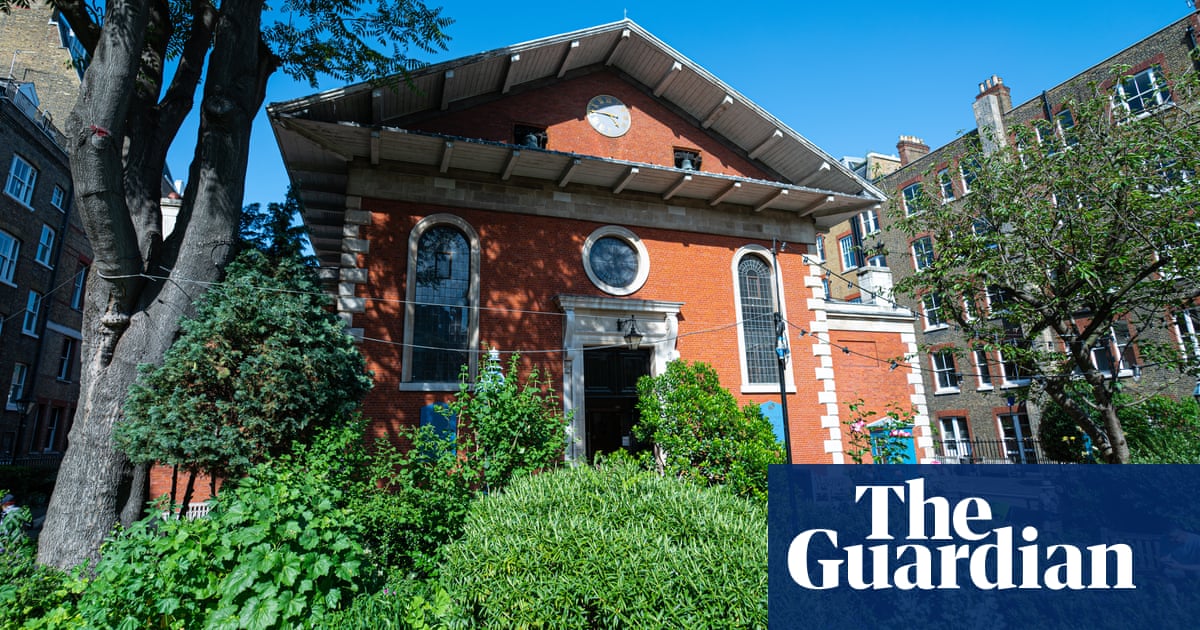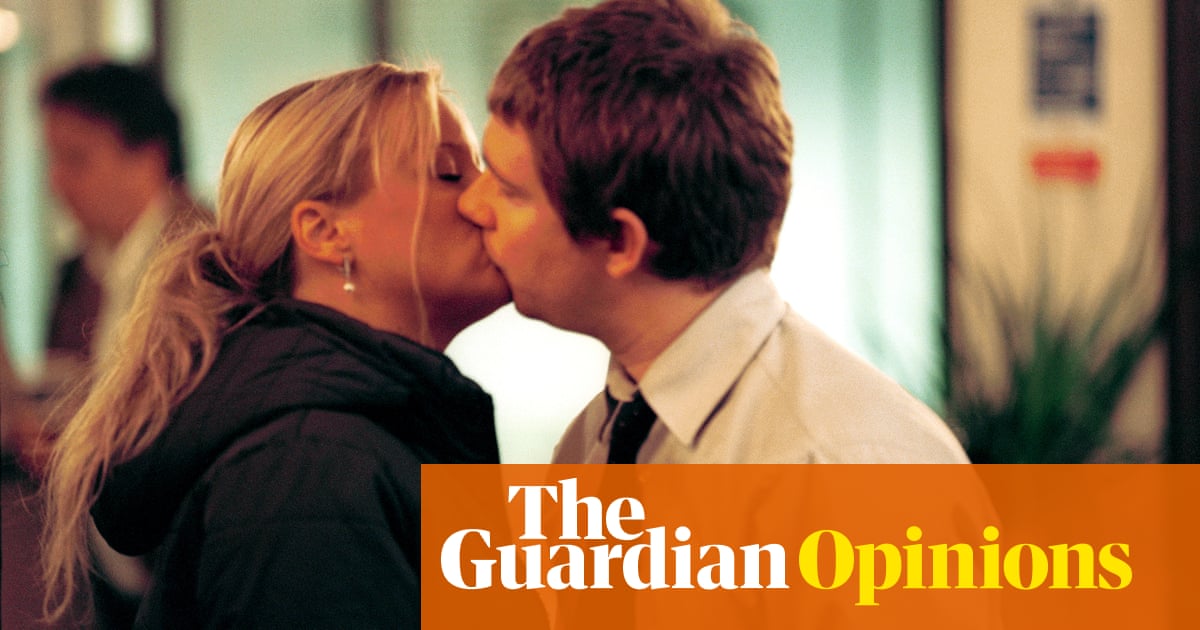
“She’s a very good Christian soul, but not the dynamic person the organisation needs,” the Rev Simon Grigg booms on the phone as I arrive. The ebullient rector of London’s St Paul’s church, Covent Garden, fondly known as the Actors’ church, carries himself as much like an impresario as a priest. “It has been said,” he admits. Following a pre-ordination career as a director and stage manager, nabbing this gig in 2006, he says, was a “bit of a dream come true”. Faith and pizzazz are unexpectedly aligned at St Paul’s, a supportive presence in London’s theatre industry.
On the west of Covent Garden’s Italianate piazza, theatricality is baked into the building’s fabric, a 1631 masterpiece by Inigo Jones, architect and pioneering theatre designer. “We’ve spent a fortune on restoration,” Grigg says. Like the setting for an exuberant musical, there’s gold leaf everywhere, from candlestick bases to the pulpit cherubs: “This is the jewel of Covent Garden and I want it to glitter.”
Restoration London’s entertainment industry thrived around St Paul’s, while Samuel Pepys enjoyed England’s first recorded Punch and Judy show in the portico in 1662 (“very pretty, the best that ever I saw”). Is this still the Actors’ church? “We do ordinary parish church things,” Grigg says. But members of the profession are welcomed for prayer, baptisms and funerals, and it houses Theatre Chaplaincy UK, supporting those in the performing arts. There’s even an in-house company, Iris Theatre, known for summer promenade shows in the churchyard, and a 1920s model theatre in the nave.
“We also memorialise actors, with plaques and benches and pews,” Grigg explains. The church is stippled with lozenges in black or white marble, running the gamut from Vivien Leigh and Charlie Chaplin to Hattie Jacques and Boris Karloff. There are touching recent markers to Diana Rigg (“First appearance 1938. Called to rehearsal 2020”), as well as less familiar names such as Percy Press, “King of Punch and Judy”.
Historically, the theatrical profession was considered disreputable; an elderly warden told Grigg of two young women who said after a service, “‘We’re showgirls but please don’t tell anyone.’ And that’s within living memory. The idea that theatre is not proper has quite a long tail – and gay people are disproportionately drawn to it, so you have another level of suspicion among certain people. It makes our relationship with the formal Church of England quite difficult, because we don’t accept the homophobia of the Church of England at all.”
“The great glory of the Church of England – for some of us, although not the current hierarchy – is that we’re there for everybody when they need us,” he adds. Central London’s sizable homeless population also find succour here. Grigg seems to operate at arm’s length from the wider C of E, and merrily vents about the Bishop of London, Sarah Mullally. I remind him he’s being recorded. “Oh yes. Say we don’t get on,” he considers.
Theirs is a merrily raggle-taggle community, nestled in the heart of London. “More people live in Covent Garden than you think,” he says, “they’re just hidden away.” The pre-pandemic congregation included locals, tourists, “actors, odds and sods. We’ve had what I call refugees from other churches. Somebody said, it’s warm here. It’s partly the bloody cats – if it’s the sort of place where a cat can live, it must be alright.”
Those cats – names drawn from George Bernard Shaw’s Pygmalion, with its opening scene set in the portico – are indeed soothing presences. Mrs Higgins scampers busily, while Eliza snoozes on a pile of office paperwork. “Eliza is the spawn of Satan!” Grigg bellows across the room. She ignores him.
Covid changed the thronging atmosphere. “It was like a ghost town, positively creepy.” Grigg photographed boarded-up theatres, called vulnerable parishioners and delivered food. His bleakest moment was a lockdown funeral: “I was allowed no mourners and 10 minutes because hearses were backed up all the way to the gates of the crematorium. That was probably the low point.”
The C of E closed its churches in March 2020, “which a lot of clergy were very unhappy about”. Even so, St Paul’s only missed one Sunday service. “I Zoomed from week one,” Grigg says proudly. “We transferred the whole kit and caboodle to my dining table.” Individual choir tracks were mixed together and everyone unmuted for a chat at the end. The virtual service continues live on YouTube alongside in-person worship, thanks to sophisticated tech (“it looks like Concorde back there”).
Emerging from lockdown, Grigg seems especially conscious of the Actors’ church’s part in the theatre community. He and his colleagues deal with “shed loads” of mental health issues, including theatre workers made increasingly anxious by precarious livelihoods. “Speaking with my theatre hat on, the damage is massive and will be for years. The industry remains fragile. And the Church of England is now massively fragile – we’ve lost a lot of people.” Lockdown severed habits of church- and theatre-going alike.
Amid the shadows, some welcome sparkle. Grigg beams at the job’s perks: an annual Christmas card from Judi Dench (“you put it at the front of the mantelpiece”), invitations to West End openings and superior star-spotting. Even Bette Midler requested a church tour when in town. “I’m not easily starstruck but I said to my husband, get your arse down here!” He’s encountered most of his heroes, though “I’m going to go to my grave regretting that I’ve not met Julie Andrews”. No wonder he’s stayed in post for more than 16 years: “Another job is gonna be fucking dull by comparison.”












